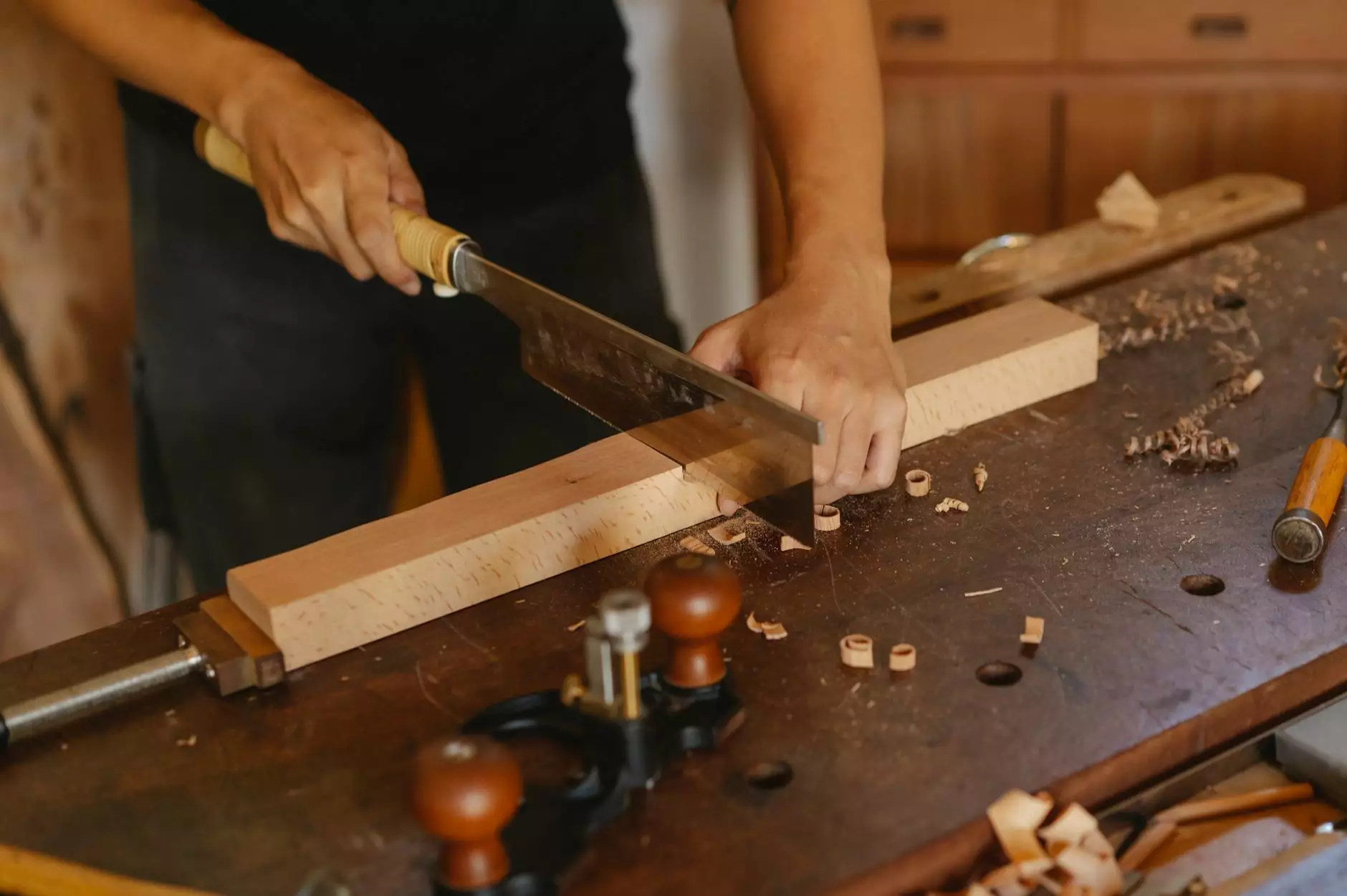Timber Wood Supplier: Your Comprehensive Guide to Quality Timber Procurement

In today’s ever-evolving construction and woodworking industries, securing a reliable and quality timber wood supplier can significantly impact the success of your projects. Choosing the right supplier is not just about the price; it’s about quality, consistency, and their understanding of the intricate market demands. In this article, we will explore the vast world of timber suppliers, emphasizing the importance of quality timber and the factors to consider when buying timber in bulk.
Understanding the Role of a Timber Wood Supplier
A timber wood supplier plays a crucial role in the supply chain of construction materials. They provide various types of timber, which include:
- Softwood: Typically lighter and easier to work with; excellent for structural applications.
- Hardwood: Denser and stronger, making it ideal for furniture, flooring, and decorative usage.
- Exotic woods: Unique species often sourced from tropical environments, used for specialty items.
Whether you are a builder, contractor, or DIY enthusiast, understanding these categories can help you make informed decisions when purchasing timber.
Why Quality Matters in Timber Supply
When it comes to construction and woodworking projects, the quality of timber cannot be compromised. Subpar timber can lead to various problems, including:
- Structural Integrity Issues: Low-quality timber may not withstand the intended load, leading to safety hazards.
- Increased Maintenance: Inferior wood can rot, warp, or split more easily, incurring additional repair costs.
- Aesthetic Concerns: Flawed wood can ruin the visual appeal of a finished product.
Choosing a reliable timber wood supplier ensures that you receive high-quality materials that meet your specific needs and standards.
Factors to Consider When Choosing a Timber Supplier
With a myriad of suppliers available, selecting the right one can be daunting. Here are key factors to consider:
1. Reputation and Experience
Look for suppliers with a solid reputation in the industry. Experience often correlates with reliability and quality. Read customer reviews, ask for references, and check their portfolio.
2. Product Range
The best timber wood supplier should offer a diverse range of timber products. This not only includes different types of wood but also various treatment options, finishes, and sizes to suit your project requirements.
3. Pricing Structure
While price is an important consideration, it should not be the sole factor. Always consider the quality-to-price ratio. Request quotes from multiple suppliers and analyze what you are getting at that price.
4. Sustainability Practices
In today’s environmentally conscious market, ethical sourcing and sustainability are paramount. Choose suppliers who prioritize sourcing timber from sustainably managed forests.
5. Customer Service
Effective communication and support can make a world of difference. Ensure that the supplier has a team that is responsive and knowledgeable about their products. This will help when you have questions about timber specifications or project timelines.
Benefits of Buying Timber in Bulk
For contractors and businesses, purchasing timber in bulk can provide significant benefits:
- Cost-Effectiveness: Buying in bulk often results in discounts and reduced delivery costs.
- Availability: Securing a large quantity ensures that you have all the materials needed for your project, avoiding delays.
- Consistency: Ordering in bulk helps ensure that all the timber comes from the same batch, resulting in uniformity in color and grain.
Types of Timber Treatments
Timber often undergoes various treatments to enhance durability and increase resistance to pests and elements. Here are some common treatments:
1. Pressure Treatment
This process involves forcing preservatives into the wood under high pressure to protect it against rot and insects.
2. Heat Treatment
Heat treatment sterilizes timber, making it less hospitable to pests without the use of chemicals. This is particularly important for transporting wood internationally.
3. Chemical Treatments
Chemical treatments can be applied to guard against specific threats such as termites, fungi, and even fire protection solutions. Always consult with your supplier about the best treatment options for your projects.
How to Establish a Long-Term Relationship with Your Timber Supplier
Establishing a solid partnership with your timber wood supplier can yield continuous benefits for your business. Here's how:
- Communicate Openly: Keep lines of communication open. Share your project timelines, estimated quantities, and specific requirements.
- Regular Orders: If you find a supplier that meets your needs consistently, place regular orders to build a rapport.
- Feedback: Provide feedback on products and services. This helps the supplier improve and serves you better.
Conclusion: Choosing the Right Timber Wood Supplier
As you embark on your timber procurement journey, remember that the right timber wood supplier can be a game-changer for your projects. From ensuring quality materials to fostering a relationship that can help you grow your business, a reliable supplier is invaluable. At eksidtechug.com, we understand the nuances of timber supply and are dedicated to providing our clients with the best products and services.
Investing time in choosing the right supplier is an investment in the success of your projects. Whether you’re looking to buy timber in bulk for construction, custom woodwork, or renovations, make informed choices based on experience, quality, and service. Join a community of satisfied customers who recognize the importance of quality in timber procurement. Your projects deserve the best.









